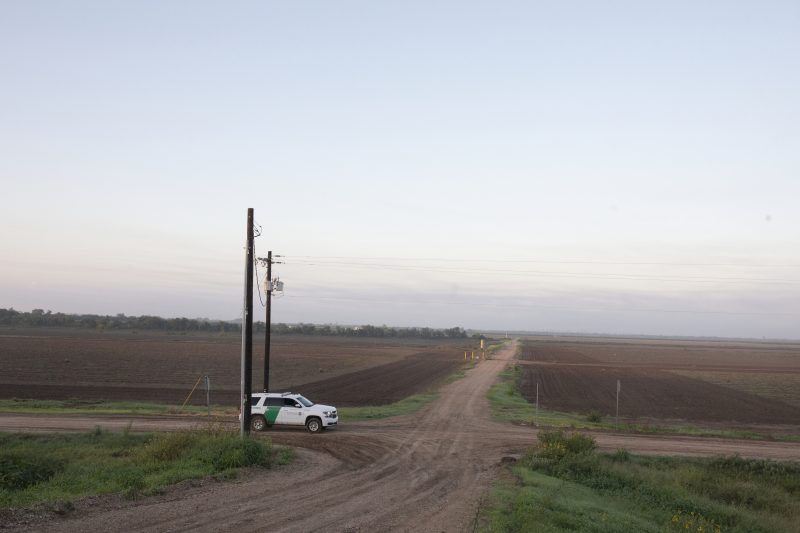In a recent development, President Joe Biden’s administration has implemented stricter border restrictions, leading to a significant decrease in illegal crossings at the U.S.-Mexico border. This move comes amidst ongoing concerns about security, immigration policy, and border control. The impact of these measures has been felt in various ways, with both supporters and critics voicing their opinions on the effectiveness and implications of these restrictions.
One of the key outcomes of the stricter border restrictions has been a notable decline in the number of individuals attempting to cross the border illegally. This decrease can be attributed to several factors, including increased enforcement measures, enhanced surveillance technology, and improved coordination between law enforcement agencies. By making it more challenging for individuals to enter the country unlawfully, these measures aim to deter illegal border crossings and improve overall border security.
While the decrease in illegal crossings is a positive outcome of the stricter border restrictions, there have been concerns raised about the impact on individuals seeking asylum or refuge in the United States. Critics argue that the heightened restrictions may make it more difficult for vulnerable populations, such as asylum seekers and unaccompanied minors, to access protection and support. This has sparked debates about the balance between national security interests and humanitarian considerations in shaping immigration policies.
In response to these concerns, the Biden administration has emphasized the need for a comprehensive approach to immigration reform that addresses the root causes of migration, strengthens legal pathways for immigration, and upholds the country’s commitment to providing refuge to those in need. By coupling stricter border restrictions with efforts to address the systemic issues driving migration, the administration aims to create a more sustainable and humane immigration system that reflects American values of compassion and inclusivity.
As the debate over border restrictions and immigration policy continues to unfold, it is essential to consider the complexities and nuances of these issues. Finding a balance between security concerns and humanitarian imperatives, while respecting the rights and dignity of all individuals, remains a formidable challenge for policymakers and advocates alike. By engaging in constructive dialogue, seeking common ground, and prioritizing the well-being of communities on both sides of the border, it is possible to develop policies that uphold the rule of law and promote social justice for all.
